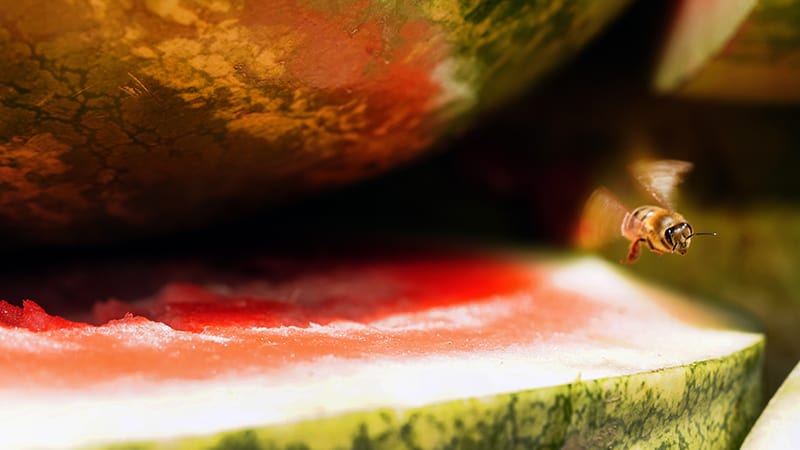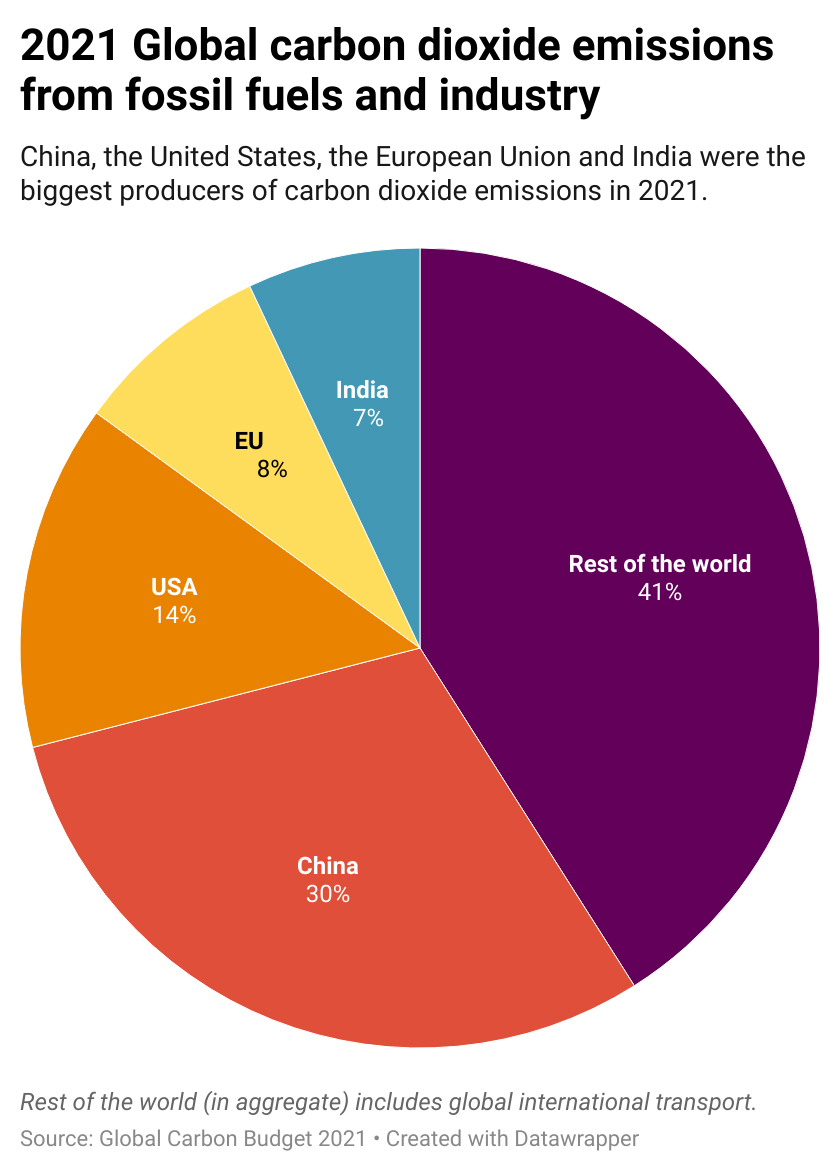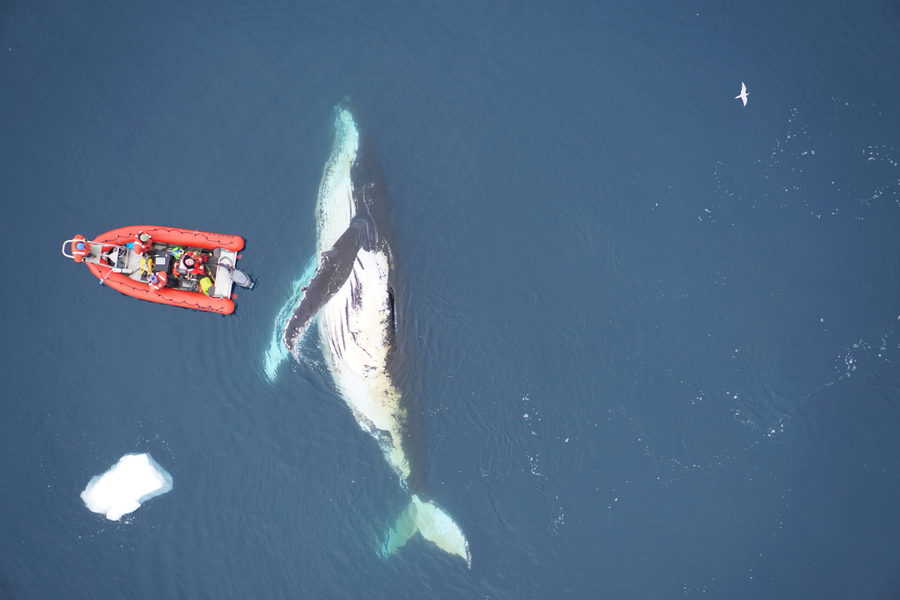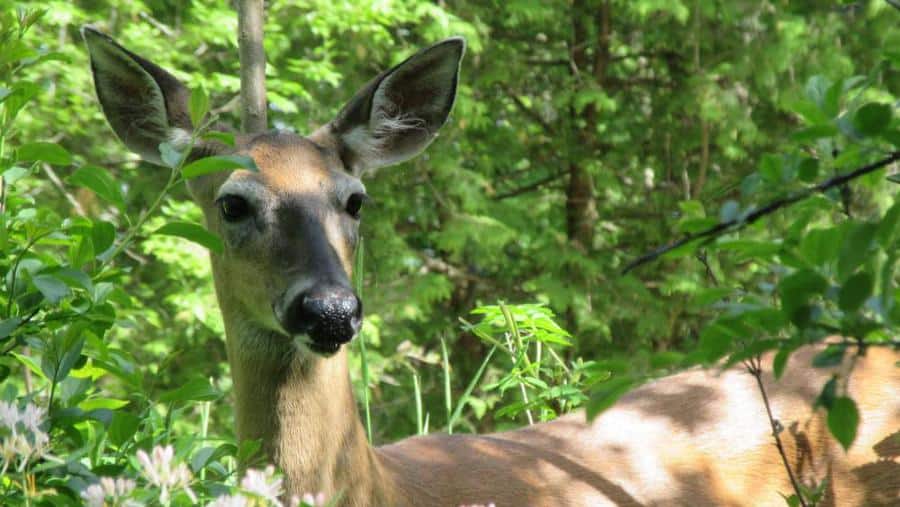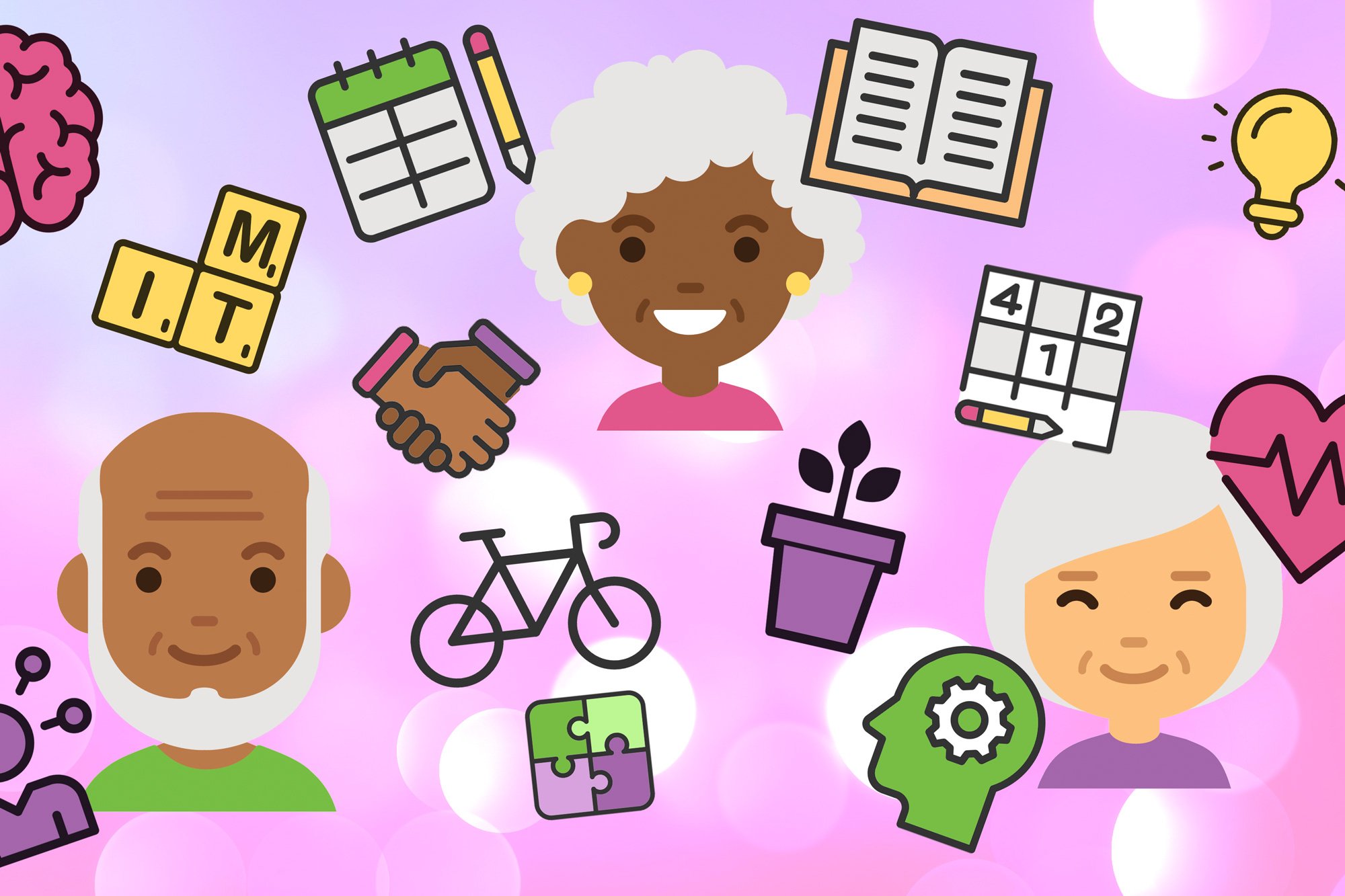Many cigarette smokers wake in the night, smoke, and then return to sleep. Prior research has linked this behavior to smoking a higher number of cigarettes each day and to a higher likelihood of failing when trying to quit smoking. In recent years, some researchers began to propose that waking to smoke is a symptom […]
Read More
